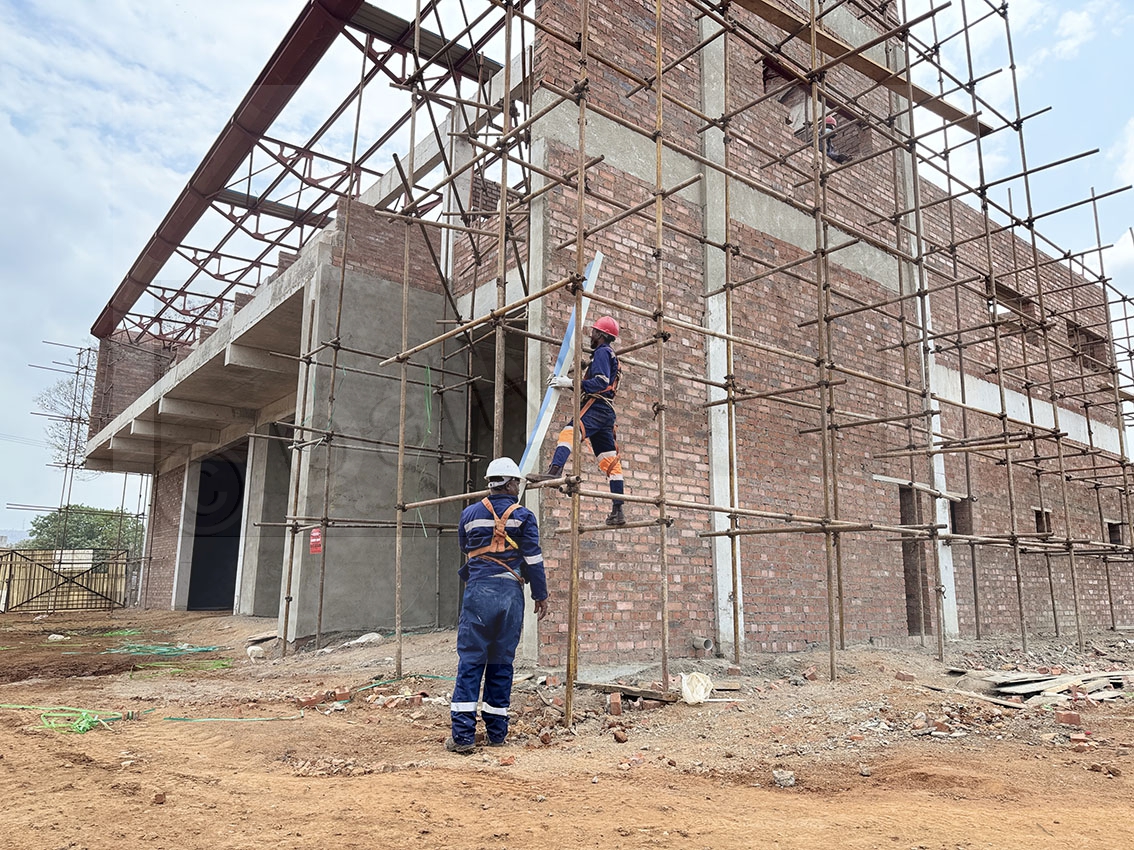Liberalising Prime Lending Rate benefits customers
08 May 2023
Freeing Prime Lending Rates (PLRs) will offer consumers more choice in terms of loan pricing, says Bank of Botswana (BoB) communications director, Dr Seamogano Mosanako.
This means that customers now have the power of choice to decide whether to source a loan from Bank A or B after carefully assessing their interest rates.
She said it was a consumers’ right to know of any changes to interest rates they pay on banking products, adding that freeing of PLRs would, alongside other recent reforms and initiatives improve policy transmission and potency.
Dr Mosanako described PLR as an interest rate that commercial banks used as a base or anchor interest rate pricing of loans.
“Ordinarily, it is the interest rate charged for loans given to the prime or most credit worthy customers, with low risk of defaulting on their loan repayments,” she said.
She said using PLR as the base, other loans or customers could be charged different additional interest rates (premiums) based on assessment of risk of borrower and/or loan type.
She noted that banks already freely set their own interest rates for loans based on risk assessments and profiling, albeit anchored on the PLR.
Therefore, she said the act of allowing individual banks to set their PLRs should not and could not alter existing assessment of customer and loan risks, henceforth the interest rate charged for loans.
Dr Mosanako maintained that because rates were already freely determined and not repressed, there was limited risk of a ‘bottled up’ response/unwinding resulting in increase in interest rates.
“Therefore, even in the current dispensation, the banks could still have charged higher margins on the existing PLR to get higher overall interest rates,” she said.
Thus, the freeing up of the PLR does not provide any additional incentive for raising interest rates on loans.
Dr Mosanako said in the advent of freeing PLR commercial banks were required to provide BoB with their individual frameworks for determining their rates.
She said these were assessed for conformity to the law, regulations and guidelines, policies and generally accepted market operations.
“Banks submit to BoB on regular basis a range of information, including interest rates that enables continuous monitoring, analysis and assessments and dialogue with banks as may be necessary,” she said.
Furthermore, she underscored that any adverse trends may be followed up through enhanced scrutiny, while transgressions attract supervisory action and penalties.
Dr Mosanako stated that Section 41 of the Bank of Botswana Act (CAP.55.01) provides, among others, for regulation of all interest rates and other charges set by commercial banks.
She said supervisory powers conveyed by the Banking Act, and effective discharge of BoB mandates required and inferred effective transmission of monetary policy, good conduct and fair business practices by banks.
Meanwhile, financial advisor and managing director of Ignytwealth Mr Seatla Ratshosa said it was fundamental to note whether the market behaviour and patterns changed given the myriad of developments made by the central bank.
Notably, he said generally Batswana were not financially literate, hence the surge in loan acquisition despite increases in PLR.
He maintained that from a consumer perspective the behaviour will continue to be the same regardless of changes happening within the market.
From the corporate side, he said freeing of PLR would definitely help commercial banks with their in-house planning, citing that usually when adjustments were made on the PLR consumers think of loans, though it also made a huge impact on deposits.
Consequently, Mr Ratshosa said PLR adjustments did not only affect loans, but also impacted heavily on deposits.
Therefore in a case where one has already obtained a loan with the bank, when interest rates are adjusted, that will alter deposits and definitely affect the bank’s balance sheet and income statement, he said.
Mr Ratshosa said freeing the PLR would reduce the burden of banks having to alter their internal processes often, especially when the central bank makes adjustments. ENDS
Source : BOPA
Author : Marvin Motlhabane
Location : GABORONE
Event : Interview
Date : 08 May 2023





